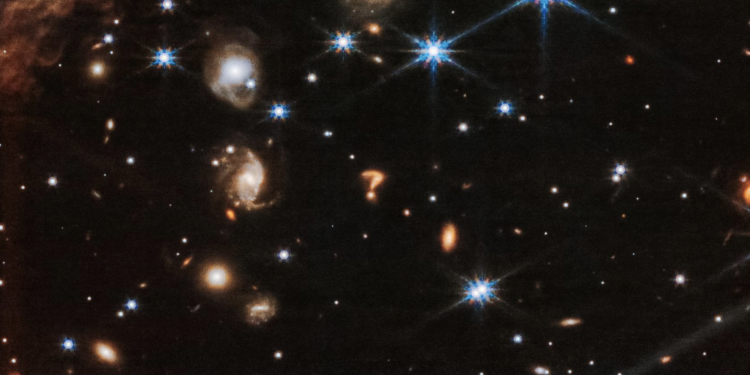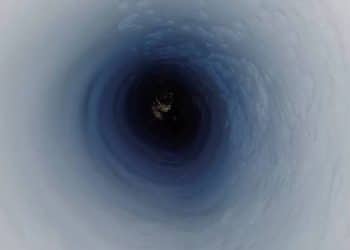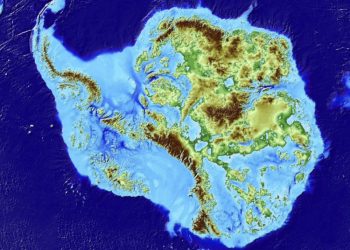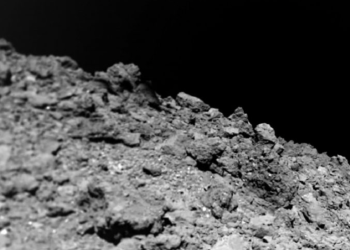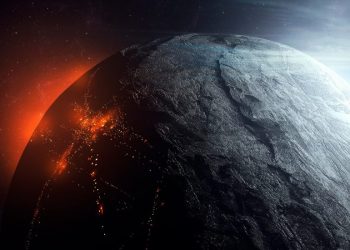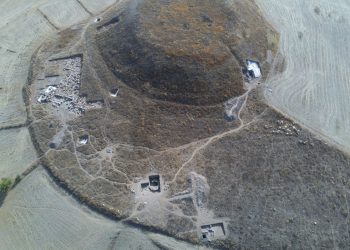The origins of the universe have intrigued humanity for millennia. From ancient myths to modern science, we’ve sought to answer the profound question: how did everything begin? While our ancestors looked to the stars with awe and wonder, today’s scientists rely on data, advanced models, and groundbreaking discoveries to unravel the mysteries of the cosmos. So, how did it all start? Was it random? Divine intervention? Pure luck? Or are we just a school project for a hyper-advanced alien kid?
The Big Bang Theory: A Look at the Universe’s Origins
The Big Bang Theory remains the most widely accepted explanation for the origin of the universe. It suggests that all matter and energy began as a singular, dense point that expanded rapidly approximately 13.8 billion years ago. This groundbreaking idea, first proposed by Belgian physicist Georges Lemaître in the 1920s, gained support as Albert Einstein’s theory of relativity and other scientific breakthroughs validated its predictions.
Core Assumptions of the Big Bang Theory
To understand the Big Bang Theory, it’s important to explore a few foundational principles that form the basis of this model:
1. Uniformity of Physical Laws
The theory assumes that physical laws like gravity, magnetism, and the behavior of light remain consistent throughout the cosmos. This universality enables scientists to model distant galaxies and celestial phenomena using the same principles observed on Earth.
2. Homogeneity of the Universe
On a large scale, the universe appears remarkably uniform in structure. While individual regions may differ—such as clusters of galaxies or voids—the overall composition remains consistent. This principle allows astronomers to generalize findings across vast cosmic distances.
3. No Privileged Position
The Earth does not occupy a special or central place in the universe. Observations from any point in the cosmos would reveal a similar structure and expansion, reinforcing the idea that no single location holds a unique status.
4. A Defined Beginning
The Big Bang Theory posits that all matter and energy originated from the initial event, with no new material being created since. This concept provides a timeline for the universe, distinguishing it from earlier beliefs in an eternal and unchanging cosmos.
The Foundation of Modern Cosmology
The Big Bang Theory provides a comprehensive framework for understanding the universe’s development over billions of years. This theory has become a cornerstone of modern cosmology by building on key assumptions like the uniformity of physical laws and the homogeneity of the cosmos. It explains crucial phenomena such as the cosmic microwave background radiation—a faint afterglow of the early universe—and the large-scale arrangement of galaxies. These discoveries validate the Big Bang as the most compelling explanation of our cosmic origins.
A Simplified Timeline of the Universe’s Creation
The Big Bang marks the beginning of all matter and energy, starting from an unimaginably hot and dense singularity. This below is an overview of key milestones in the universe’s evolution:
- 1 Second After the Bang: Temperatures soared to approximately 5.5 billion degrees Celsius, creating an opaque environment where free electrons scattered light. At this stage, there was nothing visible as photons were unable to travel freely.
- 3 Seconds: Subatomic particles such as protons and neutrons combined to form the first atomic nuclei, including hydrogen, helium, and lithium—the foundational elements of the cosmos.
- 380,000 Years: The universe cooled significantly, allowing electrons to combine with nuclei to form neutral atoms. This development enabled light to travel freely, producing the cosmic microwave background radiation, a signature still detectable today.
- 300 Million Years: Gravity began to shape the cosmos. Regions of varying density led to the formation of the first stars and galaxies, marking the beginning of large-scale structures.
- 9 Billion Years: Our Sun and the solar system emerged, roughly 4.6 billion years ago, forming the environment that would eventually sustain life on Earth.
This timeline illustrates the gradual transformation of the universe from its fiery inception to the structured cosmos we observe today.
Alternative Theories: Beyond the Big Bang
Although the Big Bang Theory is the leading explanation for the universe’s origin, several alternative theories offer unique perspectives that challenge conventional thinking. These ideas, while less widely accepted, have shaped scientific debates and inspired exploration into the mysteries of the cosmos.
The Steady State Universe: Eternal Creation
First proposed by Sir James Jeans in the 1920s, the Steady State hypothesis presents a radically different view of the universe. According to this theory, the universe has neither a beginning nor an end. Instead, as it expands, new matter is continuously created to maintain a consistent density over time.
Initially appealing to many scientists, the theory faced a major setback with the discovery of the cosmic microwave background radiation—evidence of a singular beginning to the universe. This, along with other observational inconsistencies, has rendered the Steady State hypothesis largely obsolete, although it remains a fascinating chapter in cosmological history.
The Multiverse: Infinite Possibilities
The multiverse theory suggests that our universe might be just one among countless others, each with its own set of physical laws. For instance, a neighboring universe might have a different speed of light or gravitational constant, resulting in an entirely alien reality.
This concept arose from the observation that our universe’s physical laws appear perfectly fine-tuned for life, leading some to speculate that the existence of many universes increases the likelihood of such conditions occurring by chance. While intriguing, the multiverse theory is difficult to test, leaving it more a thought experiment than a proven scientific model.
The Simulation Hypothesis: Are We Living in a Digital Universe?
One of the more provocative ideas in modern cosmology is the Simulation Hypothesis, which suggests that our entire universe could be a highly advanced digital simulation. According to this theory, superintelligent civilizations may have created simulated realities so realistic that the inhabitants would have no way of knowing they weren’t in the “base” reality.
Philosopher Nick Bostrom offers three possible scenarios:
- Advanced civilizations never reach the technological level required to create simulations.
- They achieve this capability but choose not to create simulated worlds.
- It is overwhelmingly likely that we are living in a simulation, as the number of simulated realities could vastly outnumber real ones.
Although this theory might sound like science fiction, it has gained serious attention due to its connections to quantum physics and information theory, prompting scientists and philosophers to explore its implications.
Despite these alternative theories (and I really love the simulation theory), the Big Bang remains the most compelling explanation for the universe’s origins, supported by extensive evidence from cosmic observations. However, as new technologies emerge and our understanding deepens, we may uncover insights that challenge even the most established ideas. Who knows, maybe in the near future as more modern telescopes are launched, we will finally be able to answer “how everything began” with a plethora of data that will leave no room for doubt. Until then, this question remains unanswered.



